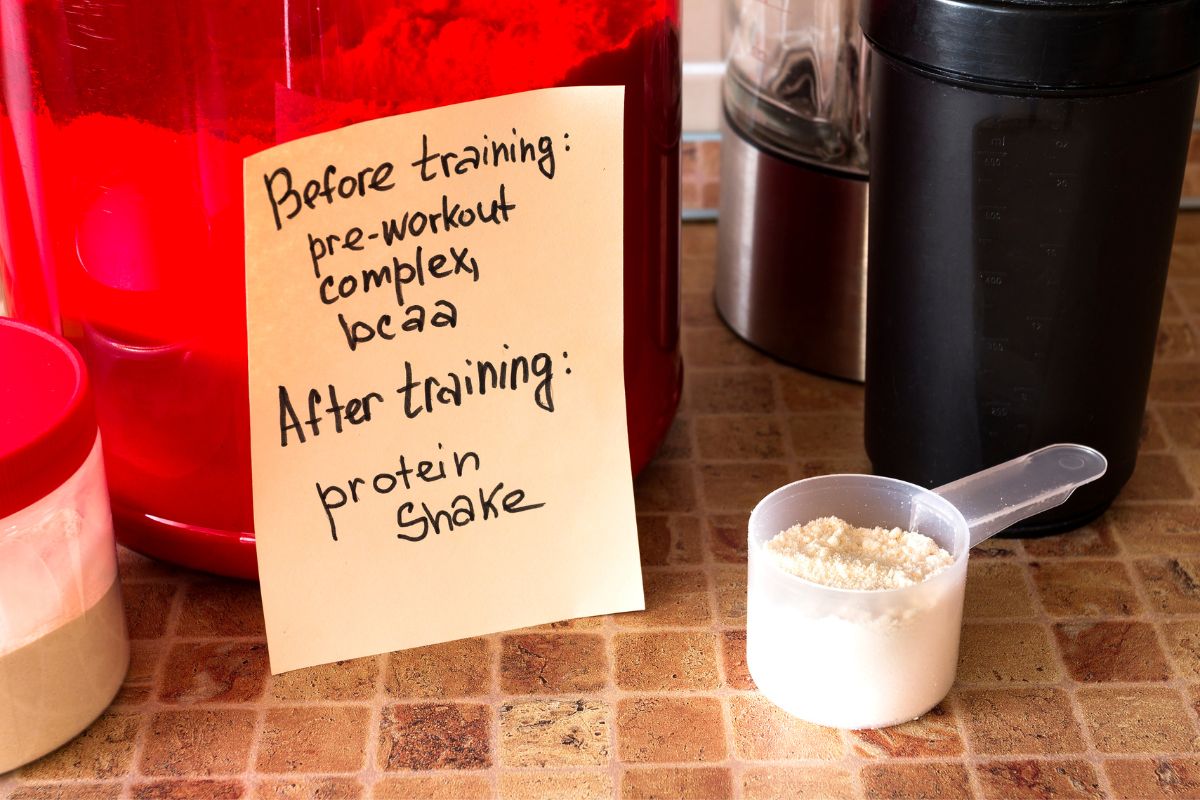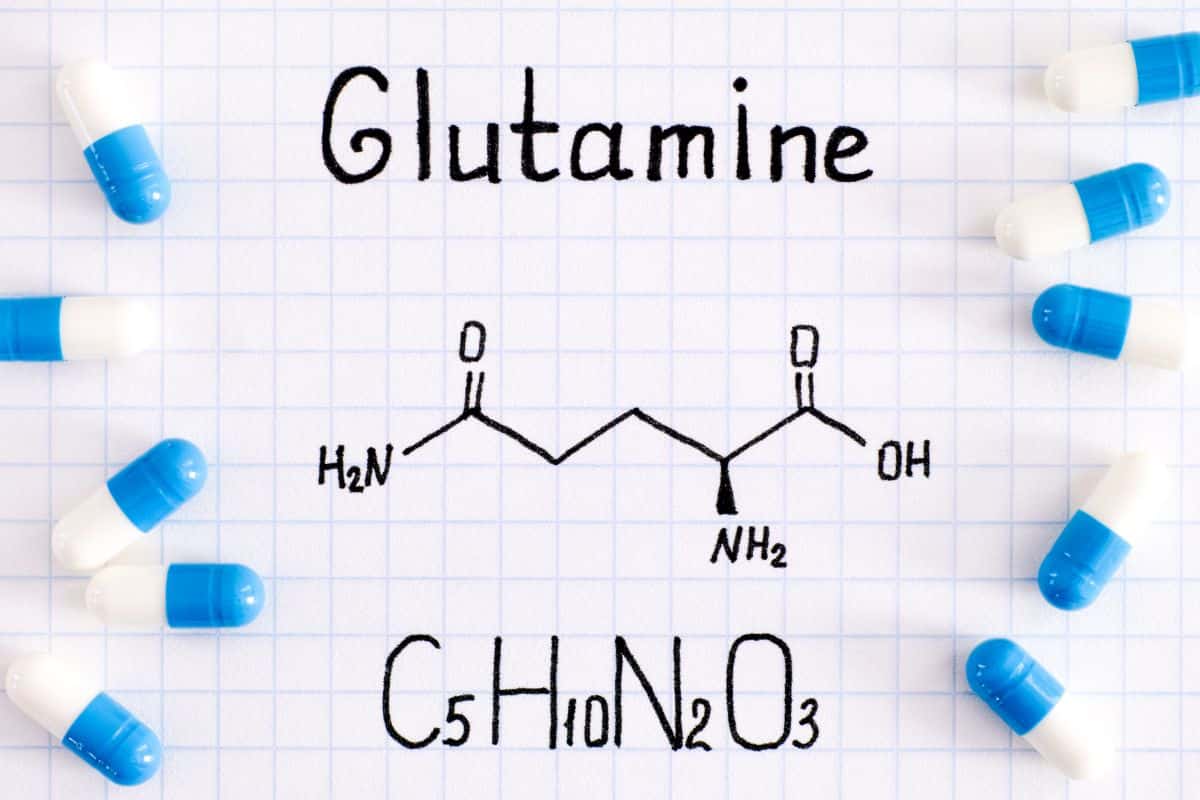In the ever changing world of fitness and exercise, trends come and go quickly. Yet, the use of pre-workout supplements has become a staple for fitness enthusiasts around the world. Packaged in colourful containers with catchy names, these powders promise benefits like boosting your energy and enhancing your endurance. But what's the reality behind these enticing promises? Are pre-workouts as effective as they claim?
In this guide we'll dissect the science behind pre-workout supplements, evaluate their effectiveness, and investigate their suitability for beginners. Our aim is to help you make informed decisions about using these supplements.
Understanding the Science of Pre-Workout Supplements
Pre-workout supplements are blends of vitamins, minerals, amino acids, and often, a significant dose of caffeine. Each ingredient aims to optimise your exercise performance, with benefits ranging from increased energy and focus to improved endurance and muscle recovery.
However, these supplements' effects can vary based on individual body chemistry, the type of exercise, and the intensity and duration of the workout. While many find pre-workout supplements beneficial, they're not a one-size-fits-all solution.
Common Ingredients in Pre-Workout Supplements

Let's break down some of the most common ingredients in pre-workout supplements:
- Beta-Alanine: This amino acid helps to reduce muscle fatigue during intense exercise.
- Caffeine: A stimulant known for boosting alertness and reducing perceived effort.
- Creatine: This compound aids in high-intensity exercise performance and promotes muscle growth and recovery.
- Citrulline: This amino acid increases blood flow to body tissues, which can deliver more oxygen to your muscles during exercise.
- Taurine: Aids in muscle function and may help with endurance and muscle recovery.
- BCAAs (Branched-Chain Amino Acids): Includes leucine, isoleucine, and valine, thought to promote muscle recovery and reduce post-workout soreness.
- Betaine: Thought to aid in physical performance and strength.
- Vitamin B: Helps your body to convert food into energy.
- Nitric Oxide Precursors (such as Arginine and Citrulline): Used by your body to produce nitric oxide, which can increase blood flow and deliver more oxygen and nutrients to muscles during workouts.
Always check the label and understand what you're putting in your body, as not all pre-workout supplements are created equal.
Are Pre-Workout Supplements Really Beneficial?
Pre-workout supplements can certainly boost your energy, improve focus, and enhance endurance. They can make your workouts more productive and enjoyable, and help you push past plateaus.
However, these benefits come with caveats. High caffeine content can lead to side effects like jitters, increased heart rate, and difficulty sleeping. Some individuals may experience stomach discomfort, headaches, or even allergic reactions.
While pre-workouts can enhance your workout, they are not a substitute for a well-rounded diet and a balanced exercise routine. Proper nutrition, adequate rest, and consistent training remain crucial to any successful fitness regimen.
The Best Time to Take Pre-Workout Supplements
The timing of your pre-workout supplement can greatly impact its effectiveness. Most are designed to be consumed around 20-30 minutes before beginning exercise. Taking it too close to your workout may result in the full effects not kicking in until partway through your routine. Taking it too early may result in the peak effects wearing off sooner than you'd like.
Given their high caffeine content, taking these supplements too late in the day could interfere with your sleep. Consider a caffeine-free pre-workout or other natural energy-boosting alternatives for late evening workouts.
Pre-Workout Supplements for Beginners
Are pre-workout supplements safe for beginners? Yes, but beginners should start with a half dose to assess tolerance and to avoid side effects.
Pre-workout supplements are not a shortcut to achieving fitness goals. They should complement a consistent training routine and a balanced, nutrient-rich diet.
Consult a healthcare professional or a dietitian before starting any supplement regimen. Always choose high-quality supplements from reputable brands.
Final Verdict: Are Pre-Workout Supplements Worth It?
Pre-workout supplements can certainly enhance your exercise experience. However, they're not a miraculous shortcut to achieving your fitness goals. Individual experiences may vary, and potential side effects need to be considered. As always, personal health should be your top priority, and any supplement should complement - not replace - a balanced diet and consistent exercise routine.











